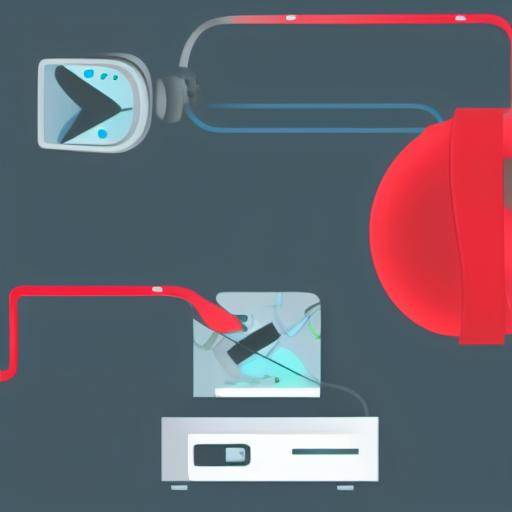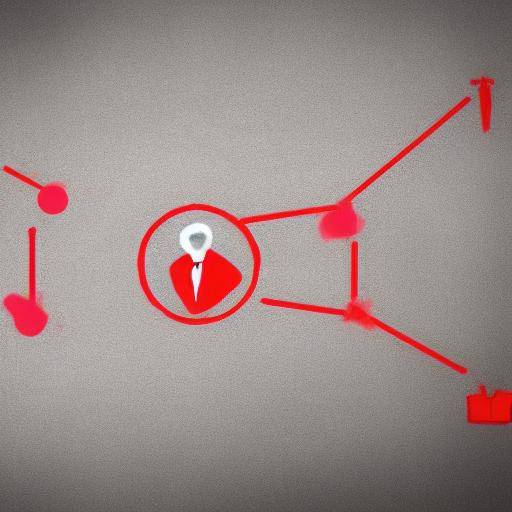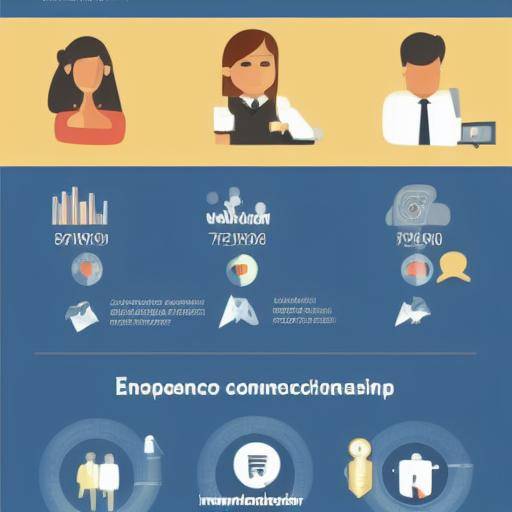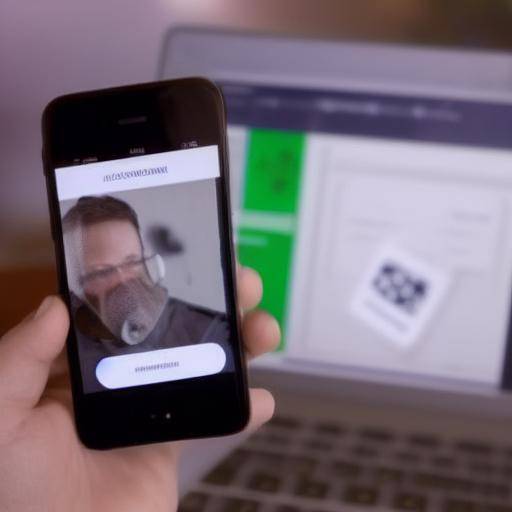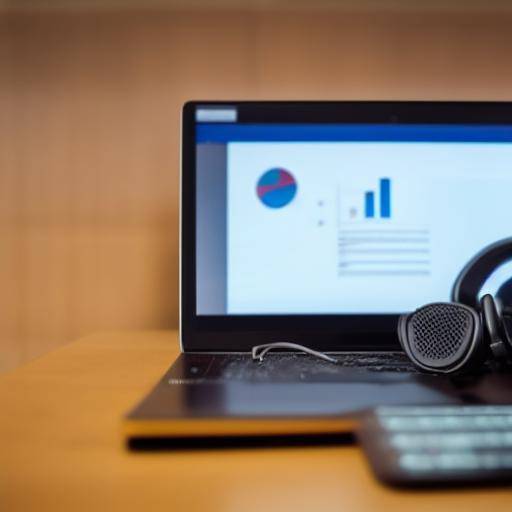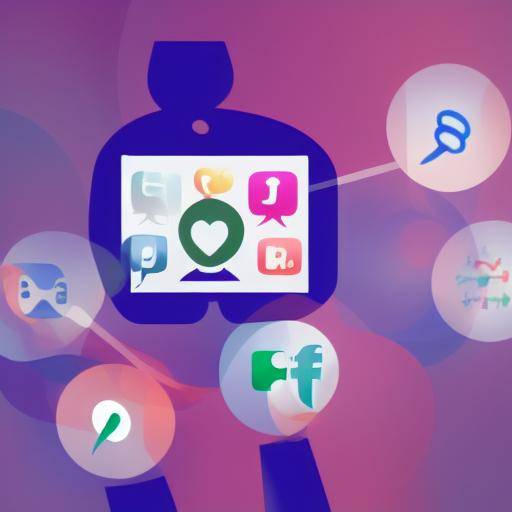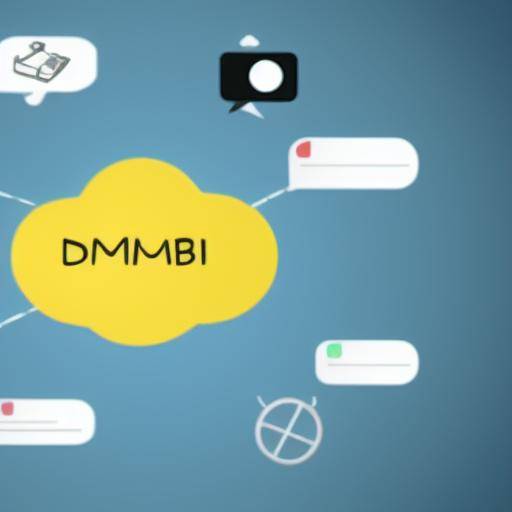
Active listening is a crucial ability in the field of communication, which not only involves hearing what someone is saying, but also understanding, interpreting and responding adequately. In the personal and professional environment, the ability to listen actively can make the difference in the quality of our relationships and the effectiveness of our communication.
In this article, we will explore in detail what active listening is, how you can improve your communication skills in general and offer practical strategies to bring your listening capacity to the next level. Join us on this journey to discover the power of a truly active listening and its positive impact on your daily life.
Introduction
Active listening encompasses a series of skills that allow us to fully understand the perspective and feelings of the person who speaks. It is not just about listening to the words, but paying attention to the underlying emotions, nuances and messages. It is a bidirectional process, in which we not only assimilate information, but also respond significantly, demonstrating empathy and understanding.
History and Background
The practice of active listening has its roots in the philosophy and traditions of different cultures. From Socrates' teachings on dialogue to the listening practices of tribal leaders in many indigenous societies, the importance of understanding and understanding has been recognized throughout history.
Over time, active listening has evolved to adapt to the challenges and opportunities of modern communication. Progress in psychology, sociology and neuroscience has provided a deeper understanding of the underlying mechanisms of active listening, as well as its benefits and applications in various spheres of life.
Analysis in Deep
Active listening not only benefits people at a personal level, but also has a significant impact on professional interactions. Recent research shows that the use of active listening in working environments leads to a better understanding of customer needs, a more effective solution to conflicts and increased productivity and job satisfaction.
Benefits of Active Listening
- Improved understanding: By actively listening, a deeper understanding of the interlocutor's message is assured, which reduces misunderstandings.
- Encourages Empathy: Active listening allows you to get into each other's place, promoting empathy and increased emotional connection.
- Solve Conflicts: Facilitates conflict resolution by creating an open and sincere communication environment.
- Increases Productivity: In the professional field, better communication leads to greater efficiency and collaboration between teams.
Comprehensive review
Active listening applications are diverse and their importance extends beyond professional environments. From interpersonal relationships to therapeutic contexts, the ability to listen actively can build bridges, resolve disputes and foster empathy and human connection.
Strategies to Improve Active Listening
- Provide full care: Remove distractions and concentrate completely on the interlocutor.
- Show Interest: Use body language, such as nodging with your head, to show that you are interested and committed.
- Paraphrasing and Summing: Repeat what you have understood to confirm that you have correctly captured the message.
- Avoid interrupting: Let the other person finish talking before answering.
- Ask Clarify Questions: Ask if something is not clear to ensure a complete understanding.
Comparative analysis
By comparing active listening to other communication skills, it is crucial to understand that it is not an isolated competition, but interacts and influences a wide spectrum of communicative capacities. Empathy, body language, clarity in expression and the ability to formulate relevant questions are some aspects that converge and benefit from active listening practice.
Conclusion
In conclusion, active listening is essential to sound relationships, maximizing mutual understanding and fostering an enriching communicative environment. By perfecting this skill, we not only improve our communication capabilities, but also strengthen the very fabric of our human interactions.
Frequently asked questions
1. What is active listening and why is it important?
Active listening is a process of listening carefully and fully understanding the message communicated. It is crucial because it allows effective communication, strengthens relationships and promotes empathy.
2. What are some common obstacles to active listening?
Some obstacles include the lack of concentration, the tendency to formulate responses while listening, the overvaluation of their own opinions and the inability to feel empathy.
3. How can I improve my active listening capacity in conflict situations?
To improve active listening in conflict situations, it is important to keep calm, avoid interruptions, ask clarification questions and reflect the emotions of the interlocutor to show understanding.
4. What role does body language play in active listening?
Body language is fundamental in active listening, as it shows the interlocutor that we are committed and attentive. Gestos like nodging with the head, keeping eye contact and an open posture are active listening signals.
5. How can active listening improve my personal and professional life?
Active listening improves communication and interpersonal relationships both in personal and professional life. It fosters trust, understanding and collaboration, leading to healthier relationships and a more productive working environment.
We hope this article has inspired you to develop and perfect your active listening skills to improve your daily interactions and foster more meaningful and productive relationships!



